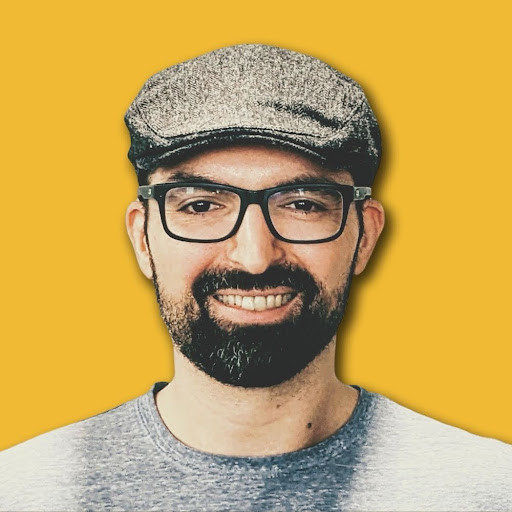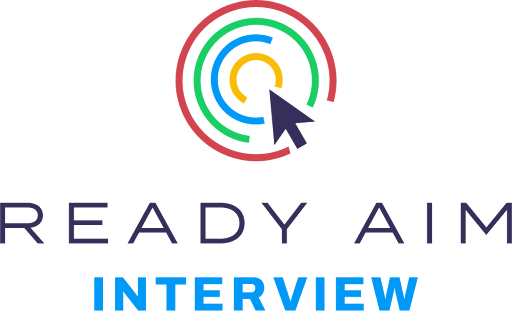AI Might be Writing the Code, But Who's Reading It? Jonathan Corrales Calls for Education Reform

There's no doubt that artificial intelligence can generate thousands of lines of code in seconds. But that raises the question as to what it actually means to be a software engineer.
For Jonathan Corrales, the founder of Ready Aim Interview, a communications coaching firm for tech professionals, the answer is clear: engineers must become expert code readers, not just coding writers. And until computer science education reflects that, students will continue to graduate unprepared for the reality of today's job market.
"Computer science programs are still largely teaching people how to write code," says Corrales. "But in the age of AI, reading code is what's going to matter most."
Corrales, a 20-year tech industry veteran and former hiring manager who's interviewed many candidates, believes education is falling dangerously behind industry needs. With AI changing the nature of software development, the skills required to succeed are evolving, but classrooms, he warns, are still stuck in the 2000s. "We're flooding the workforce with graduates who know how to write for the test, but not how to think like an engineer, like a creator," he shares.
The fallout is already visible. According to recent U.S. labor data, computer engineering and computer science majors rank among the top 10 degrees with the highest unemployment rates, with computer science sitting at 6.1%. Corrales warns, "This should be a cause for concern. Computer science promises high salaries and stability, but many graduates can't land their first role."
The biggest reason for this is that entry-level jobs are slowly disappearing. Employers expect candidates to arrive with experience navigating today's complex systems, managing large codebases, and collaborating in real-world environments. But most degree programs still revolve around isolated, individual coding assignments, far removed from industry conditions. "There's a growing disconnect between what students learn and what they're expected to do on day one of a job," says Corrales. "And that gap is only widening with the rise of AI."

The quote that inspired Corrales' thinking on this comes from a famous American computer scientist who spoke along the lines of 'reading is more important than writing.' "That quote stuck with me," he reflects. "Now, more than ever, it applies to code. AI is writing at scale. But it's still up to humans to read, interpret, and fix that code when it inevitably breaks."
Corrales cites real-world examples: AI-generated code that works, until it doesn't. Massive software systems like Linux, which spans 30 million lines of code. "Imagine reading through 20,000 lines of text every day just to find a bug or a bottleneck," Corrales says. "That's the new reality."
To prepare engineers for that reality, Corrales believes computer science programs must overhaul their approach. His recommendation: do teach syntax, but move quickly to reading real-world code. Use open-source libraries. Challenge students to fix bugs or enhance features.
Corrales further suggests replacing one-off assignments with group projects. "Real jobs require collaboration, version control, and communication; skills students rarely practice," he states. Incorporating AI as a tool could also help aid, not just as a topic, but to create sample applications with intentional errors, asking students to debug and improve them.
Shift the focus from creating to maintaining because, according to Corrales, it's about understanding what exists and making it better. He even draws an analogy from literature. "If you wanted to become a writer, you'd read books and compare how authors handle conflict, pacing, or character. Engineers should be doing the same thing with repositories."
While Ready Aim Interview isn't an educational institution, Corrales uses his platform to help job seekers navigate this shifting terrain. His clients, many recently laid off, some just entering the workforce, often arrive feeling lost. "They come to me deflated. They've spent years and thousands of dollars on a degree, and they still don't know how to get hired," he says.
What Corrales offers is guidance: helping them understand system design, refine interview strategies, and, most critically, reframe how they think about their value. "I tell them: you have to be sharper than ever before. Not just in your skills, but in how you present those skills. Because the jobs are fewer, the bar is higher, and the expectations are shifting."
And that's exactly why he's calling for a change in education. Because while individuals can self-study, pursue mentorship, or practice endlessly, there's no substitute for a system that prepares students for the field they're entering. "When I was a student, it took me a year to find my first job," Corrales recalls. "And at that time, I wasn't even competing with AI, or global talent, or a pandemic-sized economic shock. Today's students are. And if their education isn't built for that world, we're setting them up to fail."
The future of software development may be faster, but it's also messier, more complex, and more collaborative than ever before. Yes, AI can generate software. But software still needs to be debugged, secured, and maintained. That's human work that needs to be trained right at the outset.
In the meantime, Corrales advises students to take ownership of their learning: Your education might not teach you everything. But that doesn't mean you can't learn it. You just have to know where to look and be willing to sharpen your tools every step of the way."

© Copyright IBTimes 2025. All rights reserved.





















